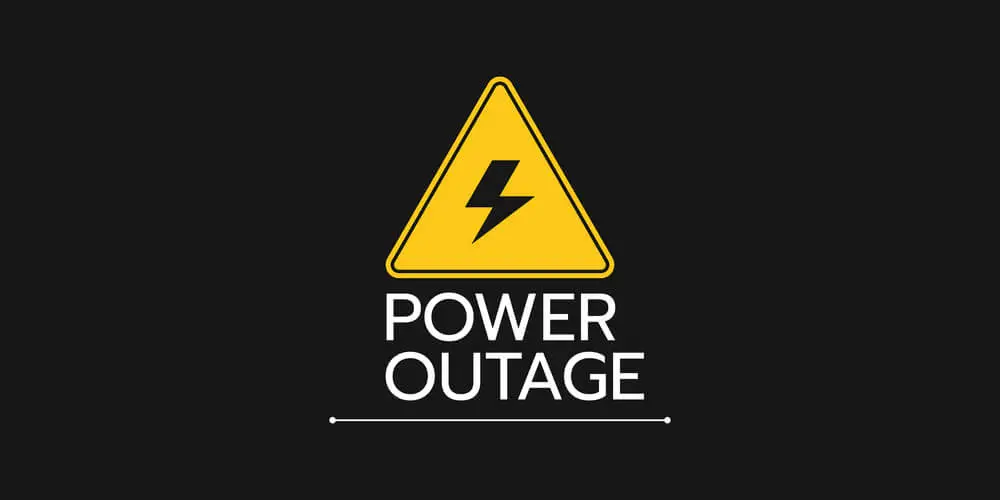
When you operate a business, it’s critical that you have backup and contingency plans for every potential scenario. One of those situations you could face is a power outage.
Depending on your business, at a minimum, you should have an emergency power supply to your electrical load, and you should likely take quite a few steps beyond that as well.
To realize how important it is to invest in backup solutions if the power to your business goes out, you have to consider the potential far-reaching adverse effects.
The following are some of the specific ways a power outage has the potential to affect a business.
Financial Costs
According to E-Source, power outages cost businesses in the United States around $27 billion a year, within eight main market segments.
A business that faces just four hours of power disruption can expect the costs will be anywhere from $10,000 to $20,000. If a business experiences a three-day power outage, it can be upwards of $50,000.
Outside of the U.S., in parts of the world where electricity is generally unreliable, business owners will often include the costs of backup power into their operating budget.
Some of the industries that can be especially hard hit by a power outage include:
- Data centers: A business that stores and manages data is one that businesses rely on for mission-critical tasks. If a data center doesn’t have technical solutions to reduce the effects of power outages, just a day of down time could result in millions in damages.
- Manufacturing: In a manufacturing business, even a slight power flicker can have a big impact. In manufacturing, there is a particular vulnerability to equipment damage that occurs during an outage. Critical equipment could sustain expensive damage. There can also be disruptions in an entire supply chain for a manufacturing business to experience a power outage.
- Retail: Retail businesses are customer-facing, and power interruptions can create collateral damage on a large scale. Just one grocery store that suffers a power outage could lose hundreds of thousands of dollars not only in lost business but also spoilage of perishable goods.
There are many reasons power outages can occur. In states like California, in the past few years, there have been blackouts for customers to reduce things like the risk of fires. Weather and natural disasters, and also equipment failures can lead to power outages.
Decreases in Revenue
If you’re a company that’s not able to deliver the products or services you typically do to your customers, then obviously, it’s going to affect your revenue.
A power outage can affect your revenue in the short-term if a customer takes their business elsewhere, and there’s also the risk you could lose them as a long-term customer as a result.
If you can’t deliver products or services the way your customers expect you to, even if the reason is completely out of your control, it affects your reputation.
You may have to put money and time into rebuilding your customer base after an outage.
Damages
If you’re a business that sells things that can go bad, like medicines or food, you might face damaged inventory or supplies because of a power outage.
Anything that needs to be maintained at a set temperature could be lost due to even a short outage.
Also, if your power goes back out but you haven’t taken the necessary steps to stop electrical surges, your equipment could be damaged when the power does come on again.
Diminished Productivity
If there’s a power outage, it’s going to affect the ability of employees to do their jobs. The result can be workflows that are backed up, and you might have to pay some employees overtime to make up for the lost worktime.
Planning For Outages
Depending on the type of business you operate, there are quite a few things to keep in mind to develop a plan for power outages.
You need a business continuity plan if you don’t already have one. Have detailed steps that employees will take if you lose power. You want your staff to be able to operate as much as possible in the event of an outage.
You should consider installing an uninterruptable power supply or UPS, which will power your equipment for a certain amount of time if you experience an outage. You should conduct emergency response drills at regular intervals.
It’s also a good idea to have a power-backup device for your business, like a generator. You need to make sure if you are going to invest in a generator that it has the needed size and capacity to power the most essential equipment for the duration of an outage.